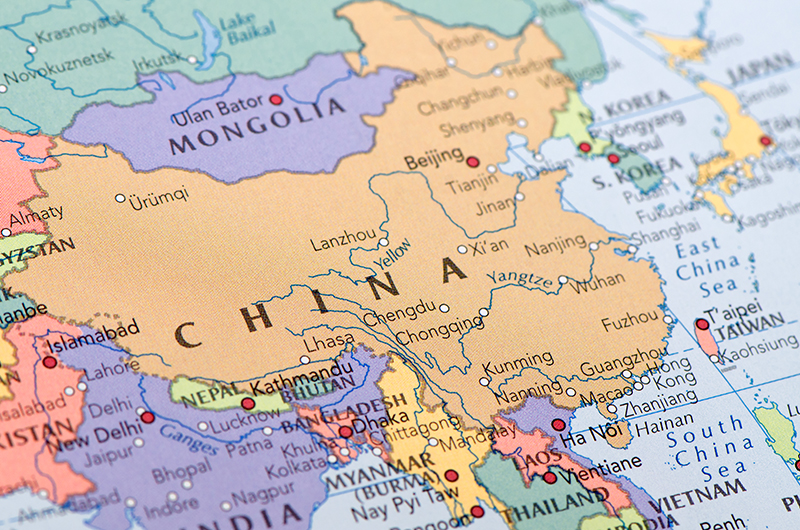
Media are reporting that U.S. officials have confirmed revocation of the visas of over 1,000 Chinese graduate students and researchers. The action was taken pursuant to a presidential proclamation issued at the end of May that outlined several steps to curb the pervasive spying and theft of secrets on behalf of the People's Republic of China (PRC).
Visa revocation was one of the steps outlined in the proclamation, and was ordered to be taken against graduate scholars and researchers when it could be established that they had ties to the People's Liberation Army (PLA) or were involved in "military-civil fusion" activities on behalf of the PLA.
A visa is the foundation on which a nonimmigrant alien's immigration status in the United States rests, and when revoked by the Department of State, as has happened to this thousand-plus population, it renders them subject to expulsion from the United States.
Interestingly, the proclamation limited itself to exchange researchers and graduate students, presumably on the theory that undergraduates or Chinese nationals in the United States under other nonimmigrant visa classifications would be less likely to engage in spying — or perhaps just less capable of being effectual at it, though there are reasons to doubt that this forms as great a barrier as the proclamation would have us think. It's likely that individuals have been trained in more traditional forms of spy tradecraft, and simply use physical proximity to secrets at various universities and research institutes, along with personal influence (bribery, blackmail, etc.) to persuade others to hand over the secrets.
Whether or not the graduate-student-only limitation on revocations is a shortcoming, this is a significant step in the right direction, although it is sobering to contemplate that such vetting occurred only after the granting of visas and entry into the United States, rather than during the initial consular visa application process abroad. This is because several past administrations seem to have been all too ready to accept that spying and theft of sensitive government and trade secrets is the cost of doing business with the PRC. And, one suspects, that before the process is over, many more visas will end up being revoked.
You well may ask what happens if the individuals whose visas are revoked don't go quietly and choose to contest the matter. They would then be subject to arrest and removal proceedings at a minimum — but considering the number of PRC-affiliated individuals who have in recent months been arrested and charged with serious federal criminal offenses because of their "extracurricular" activities, one gauges it is much more likely that they will acquiesce and depart quickly and quietly rather than face the additional possibility of a sentence of confinement in a federal penitentiary, after which they would still be removed.
